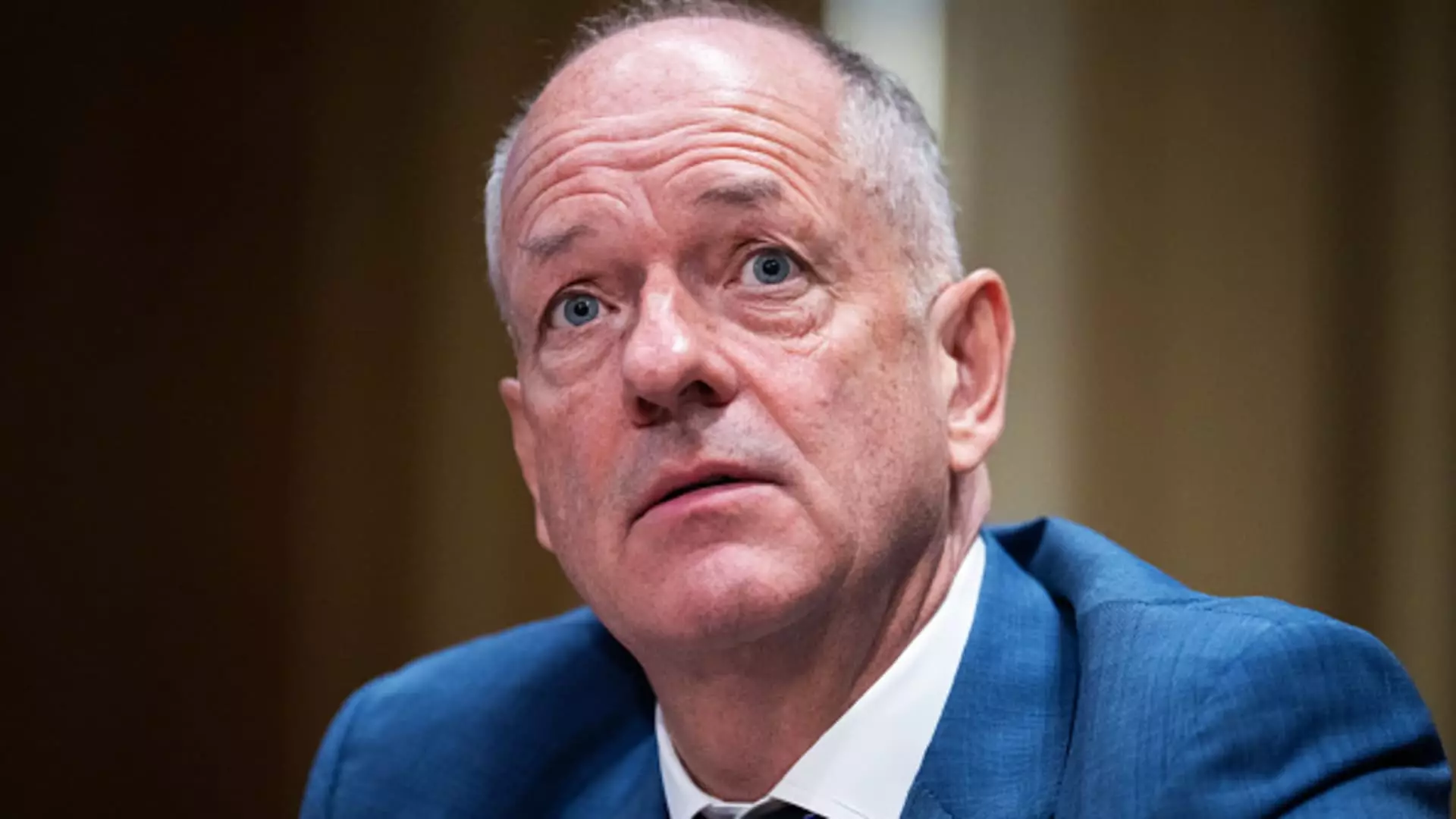The recent tragic death of Brian Thompson, former CEO of UnitedHealthcare, has sent shockwaves through the healthcare industry, prompting urgent discussions about the need for systemic reform. In a poignant tribute, UnitedHealth Group’s CEO Andrew Witty expressed sorrow and emphasized the glaring flaws within the U.S. healthcare system. He acknowledged that the current framework is far from ideal, being a “patchwork built over decades” that fails to meet the needs of many Americans. This incident not only raises questions about corporate governance and the safety of industry leaders but also catalyzes a broader examination of the healthcare system itself.
In his New York Times opinion piece, Witty conveyed a willingness to engage with various stakeholders—ranging from healthcare providers to government entities—to drive meaningful change. This collaborative approach is vital, as the complexity of the healthcare landscape often leaves patients confused and dissatisfied. One of the criticisms leveled at insurance companies, including UnitedHealth, is the opacity surrounding coverage decisions and claims processes. Witty underscored the importance of enhancing transparency in order to cultivate trust among patients, emphasizing that insurance policies should be communicated clearly, alongside the rationale behind coverage decisions.
The incident surrounding Thompson’s death has arisen amidst a backdrop of public frustration directed at the insurance industry. With reports of denied claims, escalating premiums, and a lack of accessible services, many individuals feel trapped in a system that prioritizes profits over patient care. Social media has become a platform for consumers to voice their grievances, amplifying the collective discontent towards insurers. This discontent poses a significant challenge for companies like UnitedHealth, which must navigate not only the market pressures of profitability but also the imperative to restore public confidence.
In light of these challenges, Witty insists on the need for a fundamental reassessment of how health insurers operate. The healthcare sector requires a transition from a reactive to a proactive model, where outcomes are prioritized over mere cost management. This means leveraging clinical evidence to inform claims decisions while prioritizing patient safety and health results. It’s a daunting task but also an opportunity for UnitedHealth and similar entities to reshape their roles in the healthcare ecosystem. By adopting a more transparent, patient-centered approach, insurers can help rebuild trust and potentially mitigate the rising tide of criticism.
As the dust settles on this tragic event, it is crucial for the industry to leverage this moment as a catalyst for change. There is an urgent need to address both the structural deficiencies of the healthcare system and the public sentiment surrounding insurance providers. Witty’s commitment to partnerships and reforms, coupled with a national dialogue on these issues, could represent the beginning of a more equitable and efficient healthcare system. The path forward will require empathetic leadership and innovative solutions, combined with a commitment to transforming an industry that is ripe for overhaul.

